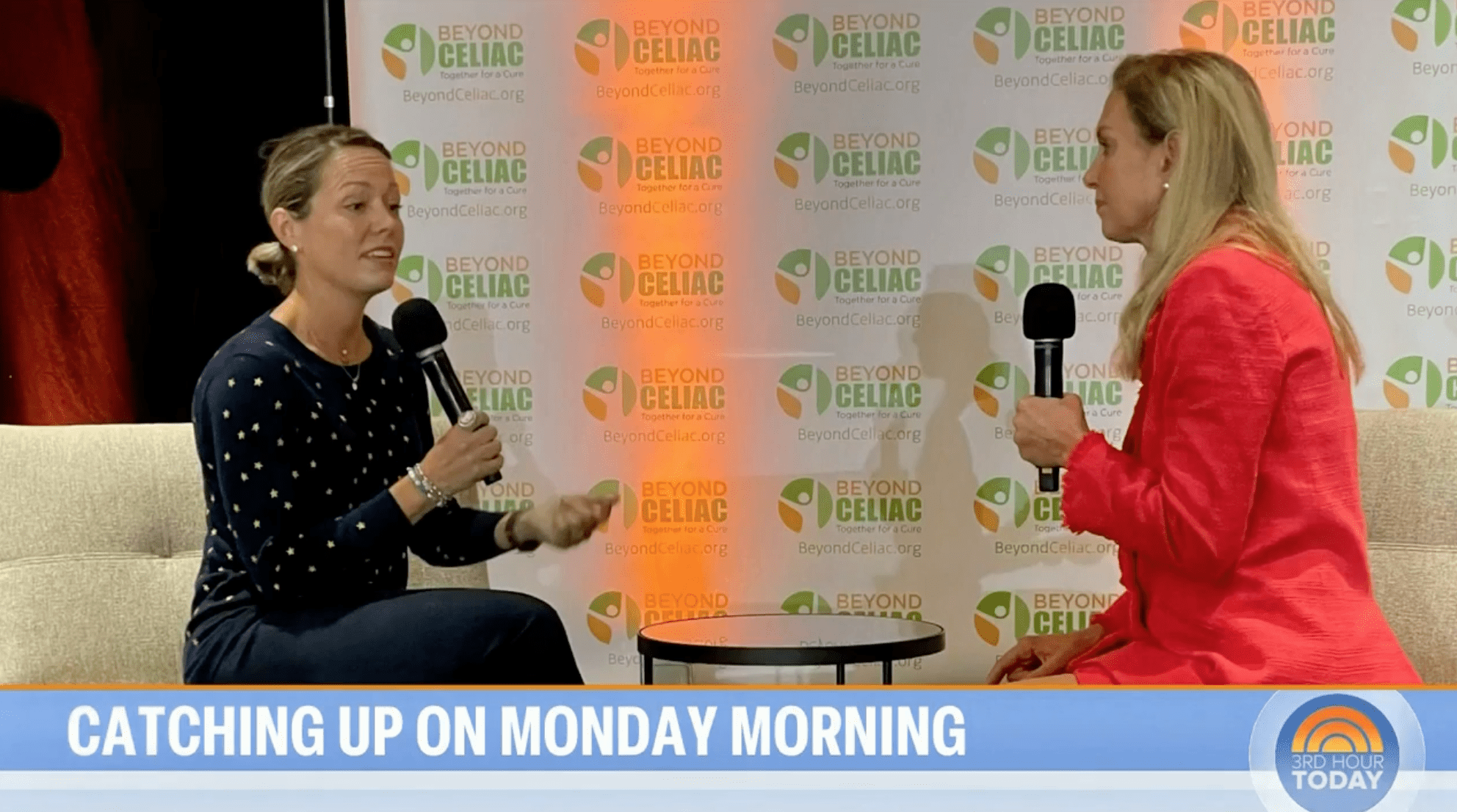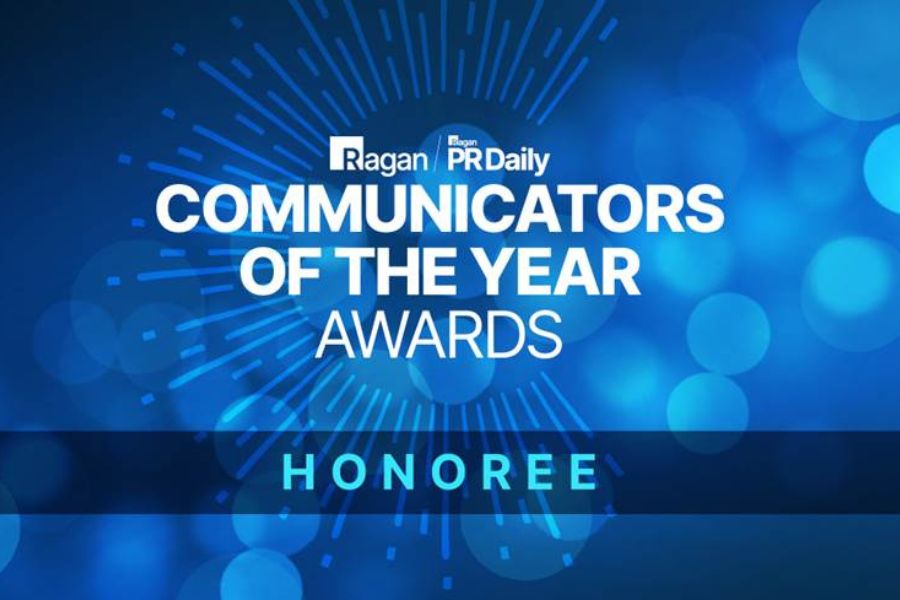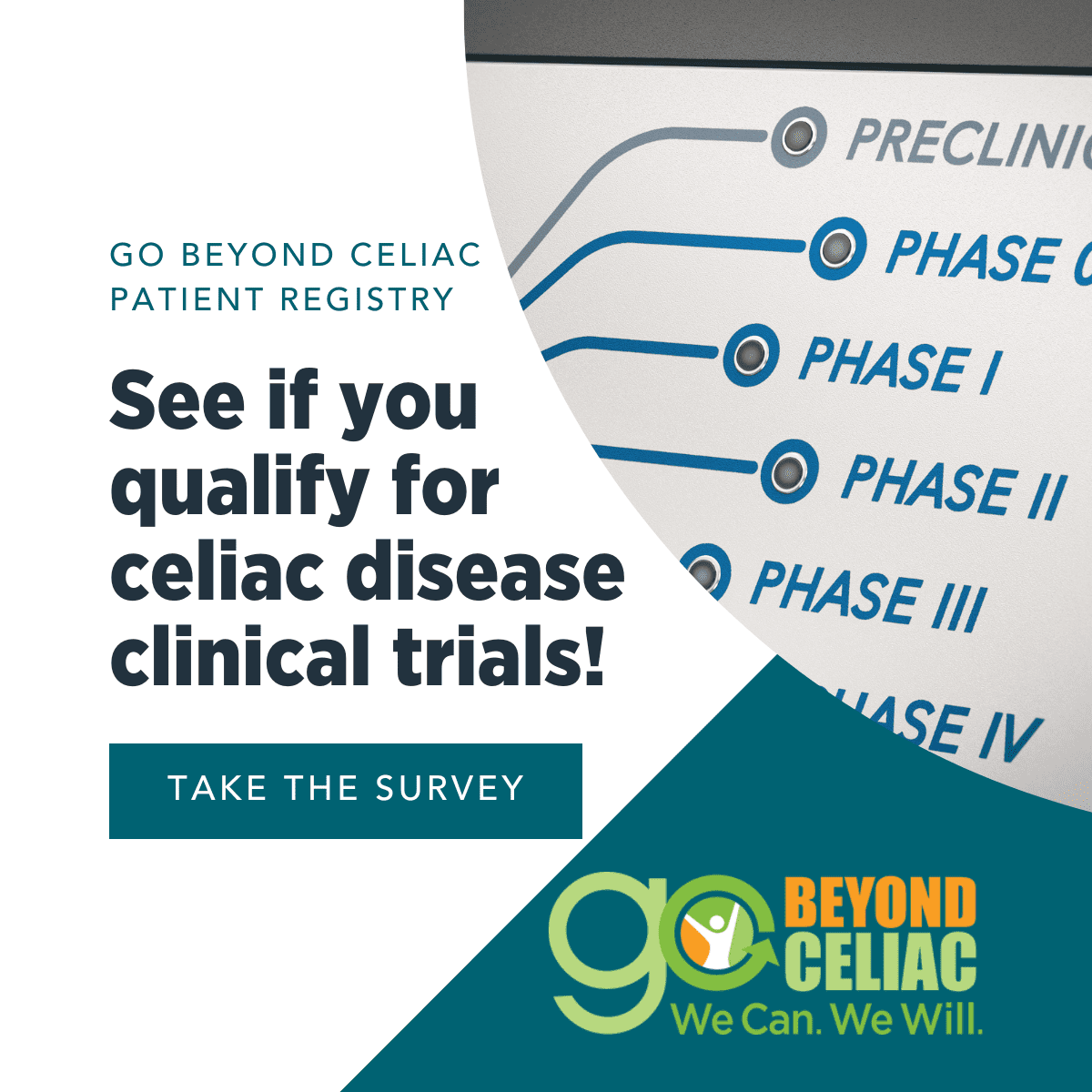
By Associate Director of Communications, Bailey Arman
You may have heard someone remark that “everyone is allergic* to gluten these days,” or “Nobody was gluten-free when I was young.” These statements are often tinged with confusion, contempt, or both. Maybe you yourself have idly wondered why your colleague or a cousin has suddenly gone gluten-free. Why is there so much buzz around gluten?
Why Do People Avoid Gluten?
For people with the autoimmune condition called celiac disease, the gluten-free diet is the only medical treatment available to alleviate symptoms.
When someone with celiac disease eats gluten, their immune system goes haywire and begins to attack and destroy the small intestine. The small intestine’s job is to absorb nutrients and vitamins, so a damaged small intestine can lead to a whole host of symptoms, such as malnutrition, osteoporosis, fatigue and infertility. In severe cases, it can even lead to death.
So for those with celiac disease, the gluten-free diet isn’t a fad diet to lose weight—it is their one and only medicine!
The History of the Gluten-Free Diet
To understand the history of the gluten-free diet, we need to understand the history of celiac disease.
What surprises most people, even patients, is that celiac disease has existed for centuries. The name itself, celiac, first appeared in literature in the second century AD, when Greek physician and medical writer Aretaeus of Cappadocia wrote about “the koeliac affection.” (The word koelia simply means abdomen in Greek!)
We even have physical evidence of celiac disease dating to that time period. In 2008, an archaeological dig in Cosa, Italy revealed an 18-20-year-old woman from the first century AD, with signs of failure to thrive and malnutrition. The skeleton also revealed the presence of the genes associated with celiac disease, HLA-DQ2.5, and damage that is typically caused by celiac disease.
In the centuries between then and now, undoubtedly millions have suffered from celiac disease without answers. It was only in the past century or so that we have made progress in understanding celiac. In 1887, Dr. Samuel Gee wrote the first modern medical description of celiac disease and hypothesized that it could be treated through diet; in 1924 Dr. Sidney Haas began to treat children with celiac disease by feeding them a diet of primarily bananas (which are definitely gluten-free); and in the 1940s Dr. Willem Dicke theorized that wheat triggered celiac disease and developed a wheat-free diet.
The gluten-free diet as we know it today was continually refined in the late 20th century, and reached mainstream awareness in the 21st century, with a major boom occurring around 2010. In the decade or so since, there has been an explosion of brands offering gluten-free options, and restaurants began creating gluten-free menus.
So it’s clear from history that celiac disease isn’t new. What’s new is the revolutionary treatment: the gluten-free diet.
The Effects of Improved Medical Care
If you don’t remember anyone on the gluten-free diet prior to the 21st century, there is one obvious, if morbid, answer: most of the people who would have benefited from a gluten-free diet died before their doctors figured out that they had celiac disease. They simply died.
But with the advent of modern medicine—such as the development of the endoscopy process in the 1950s that is still used to diagnose celiac disease today, and the development of the TtG blood test in 1997 to screen for celiac—we have been able to diagnose celiac disease in more patients than ever before, faster than ever before, and have a treatment to help them heal. That is in some part why so many more people eat gluten-free today: they aren’t dying. They have a long-awaited treatment for a previously deadly autoimmune disease.
A Note on Gluten Intolerance
For those with celiac disease, the gluten-free diet is not a choice, but a necessity. It’s the only medication they have.
But not everyone who eats gluten-free has celiac disease.
Some people who eat gluten-free have non-celiac gluten sensitivity (NCGS), often called a gluten intolerance by the average person. Folks with NCGS have tested negative for celiac disease, but feel better on the gluten-free diet. There are multiple theories for why that may be, but at the end of the day, if the gluten-free diet makes them feel better and does not harm them, why shouldn’t they be on it?
Other conditions that may lead people to eat gluten-free include irritable bowel syndrome (IBS), inflammatory bowel disease (IBD), and more.
Potential Treatments Beyond the Gluten-Free Diet
Patients with severe food allergies manage their medical condition by avoiding the troublesome food and relying on auto-injectors (such as EPIPEN®) to manage accidental exposure. Patients with diabetes manage their medical condition by carefully monitoring their diet and using insulin to maintain proper blood sugar levels. Patients with celiac disease only have the gluten-free diet, but in the coming years, there may be additional treatment options developed to manage this autoimmune condition.
Beyond Celiac is committed to being on the frontline of this research and developing a treatment for our community by 2030. There are currently 16 drugs for celiac in clinical trials, and we fully believe that our community could soon have options beyond the gluten-free diet. Help us make it a reality by getting involved today!
*Although many people use the term “allergic,” there is no such thing as a gluten allergy. Learn more about the difference between celiac disease and a wheat allergy.












